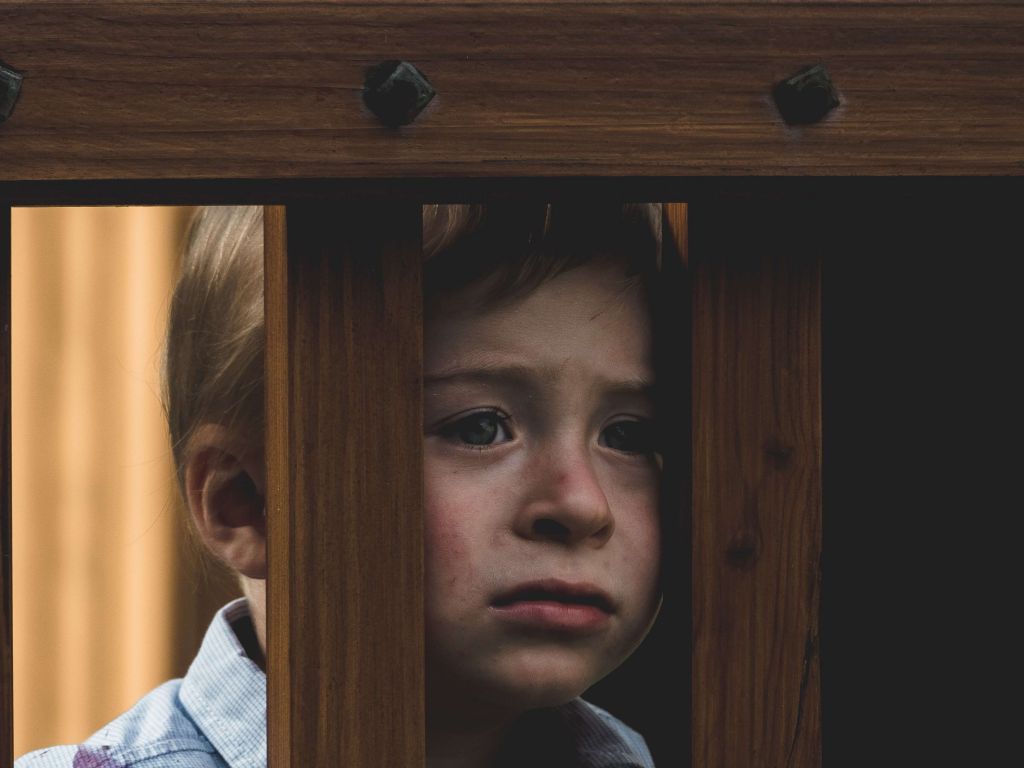
Adult Children of Alcoholics (DDA) is a set of behaviors and patterns of acting out that are brought from a home where alcohol was abused. How to deal with such a stigma and start living life to the fullest?
Childhood is crucial in shaping our personality. The home we grew up in, the patterns we observed, to a large extent determine our adulthood. DDA, or Adult Children of Alcoholics, is a syndrome that can make it difficult to function normally in adult life
DDA disorders have a psychological basis and correlate closely with what happened to us in the family home. All the stresses and difficulties faced by the child lead to the development of coping mechanisms. Unfortunately all these emotions and habits remain with us even after we move out from the pathological home.
The definition of DDA includes children raised in homes where alcoholism was a central problem. Regardless of whether one or both parents were drinking at home. A child needs proper care and a sense of security to develop properly. In alcoholic families children have no chance to experience this. DDA is characterized by a sense of loneliness, fear, lack of childhood, burdened with responsibility, shame and the need to remain in a state of constant vigilance.

People who come from alcoholic homes have practically no chance to experience childhood. They become almost immediately adults responsible for themselves and their siblings. At home, they become quiet and virtually invisible, wanting to avoid aggression from a parent. Outside the home, they fear the rejection of their peers, but also try to hide domestic problems, which are a source of shame.
Loneliness is a big problem among DDA. Children who have not experienced home warmth and care, a sense of nurturing and love, often desperately seek them in their teenage and adult lives. On the one hand, they seek and desire closeness with another person, and on the other hand, they are filled with fear of rejection, afraid to fully trust, and have difficulty establishing relationships.
The alcoholic family does not teach how to properly build relationships and care for them. People from such families do not have good models of how relationships work between spouses/partners or between parent and child. Adult Children of Alcoholics often build their expectations on ideas about how relationships and families should function. This can breed frustration and deepen feelings of loneliness and misunderstanding.
Loneliness can also result from the Adult Child of Alcoholics making this decision. These individuals may fear that they are incapable of forming relationships, that they will duplicate their parents’ mistakes, or that they will start drinking themselves. Out of fear of themselves and their experiences in the family home, DDAs tend to isolate themselves and avoid social contact.

DDA syndrome itself is not a diagnosis and there are no universal methods of its treatment. It is very often accompanied by anxiety, addiction (not necessarily to alcohol), depression, etc. It is these disorders that are subject to diagnosis and therapy. Therapy is essential in the treatment of DDA. A psychologist or psychiatrist will help us to identify the problems we are facing and determine the way out of them.
The first step is to become aware of the mechanisms created in DDA that continue to determine our lives. It is necessary to build a new sense of self-esteem and empowerment and control over one’s life.
If you feel up to it, you can try to work on your own. The literature on DDA will be helpful. But a much more effective method is professional therapy – individual or group. Thanks to work on themselves, Adult Children of Alcoholics have a chance for a normal, happy life. Growing up in a family that struggles with alcoholism is certainly not an easy start. However, it does not derail your entire life. It doesn’t ruin the chances of building a happy relationship and a loving family.
Read also How to talk to your children about divorce?
Main article photo: photo by phil cruz / Unsplash